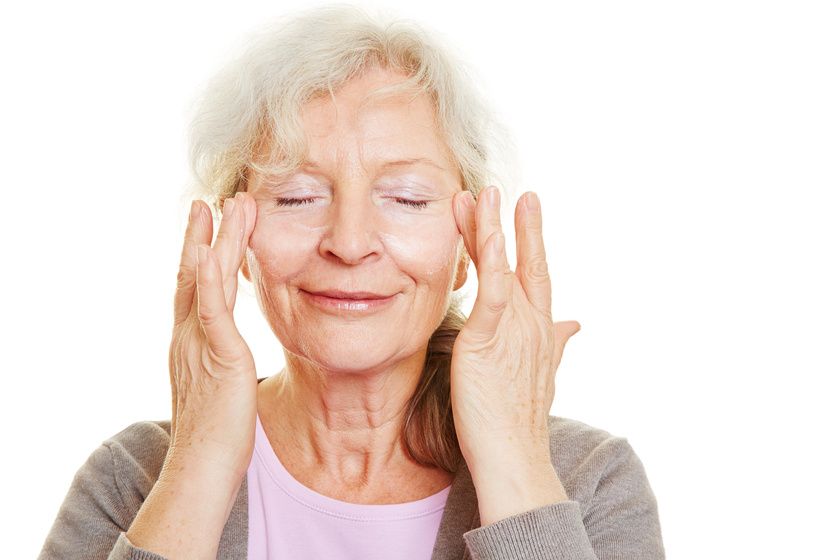Aging is a natural process that occurs in all people as the years progress, but it can be scary to know the signs of aging and how to know if you’re showing some of them. While some signs are normal, others might indicate something serious or life-threatening, so knowing which ones to look out for will help you keep your health on track as you age. Luckily, we’ve compiled this comprehensive list of normal aging signs and what you can do about them to ensure that your golden years aren’t anything but normal.
The Heart Works Harder
Cardiovascular disease is probably one of your biggest concerns as you grow older. Your heart has to work much harder than it did when you were younger, which is why it’s so important to get plenty of exercises and monitor your diet as you age. When you are 20 years old, your heart pumps out 25 liters of blood every minute at rest; by 60, that number drops to 15 liters per minute. For many people, their resting heart rate also increases over time—from around 75 beats per minute in their 20s up to 85 beats per minute by age 80. That means there’s more blood pumping through your arteries with each heartbeat and thus more stress on your cardiovascular system. Exercise helps reverse these trends and keeps things healthy throughout a long life.
You Notice That Your Skin Feels Different
Over time, as skin ages, it changes in appearance. Normal aging skin is thin and wrinkles because collagen levels decrease. No matter your age, use a daily moisturizer with SPF to protect your skin and slow down its natural aging process. Also, look for products that contain retinol or retinoids to boost collagen production, which helps prevent future fine lines and wrinkles. Retinol is often found in wrinkle creams and serums but can also be found in over-the-counter night creams for normal aging skin.
You Have Difficulty Seeing And Hearing
Hearing and vision loss can be a normal part of aging. If you’re over 55, you have a one in three chance of losing some of your hearing. By 70, that rises to a two in three chance. There are steps you can take to keep your hearing as strong as possible for as long as possible. Stay active, eat a healthy diet, and get regular checkups from an eye doctor. If your parents suffered from hearing loss or were diagnosed with macular degeneration at an early age, there’s also a chance you may experience these issues at some point in your life.
Changes in The Teeth And Gums
When you’re young, your gums and teeth are firm. As you age, they become more susceptible to cavities, gum disease, and other dental problems that ultimately lead to tooth loss. Brush your teeth twice a day with a soft-bristled toothbrush to avoid these problems; floss at least once daily to scrape away plaque buildup, and see your dentist for regular checkups for cleanings. You’ll also want to see your dentist if you notice one of these common signs of aging:
- Yellow or brownish discoloration of your teeth
- Wrinkling or grooves on your lips
- Wrinkles or furrows between or below your eyebrows
- Wavy discoloration across lips, nose, and cheeks
You Develop More Brittle Bones
Older adults have been told to drink plenty of milk for many years. That’s because calcium is necessary for building and maintaining strong bones. Calcium makes bones hard, so they don’t fracture easily. However, as we age, our bodies stop absorbing calcium at a rate as high as they once did. As a result, bones begin to lose minerals such as calcium and become less dense over time. This density loss makes them more likely to fracture when you fall or have a minor injury. That’s why it’s important for seniors who still live independently to be aware of normal aging signs that their bones are losing density and take steps to prevent fractures from occurring. Exercising and eating foods high in calcium can help improve bone density and reduce your risk of developing osteoporosis as you age.







